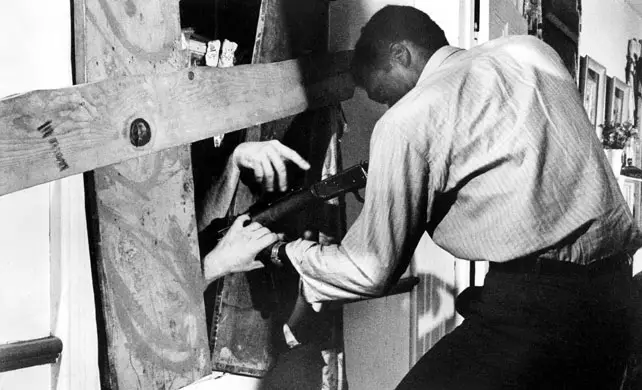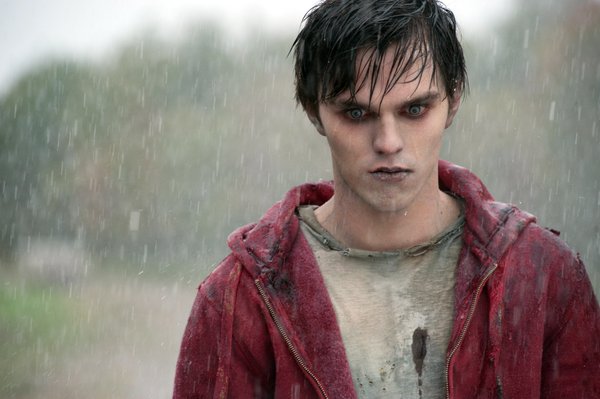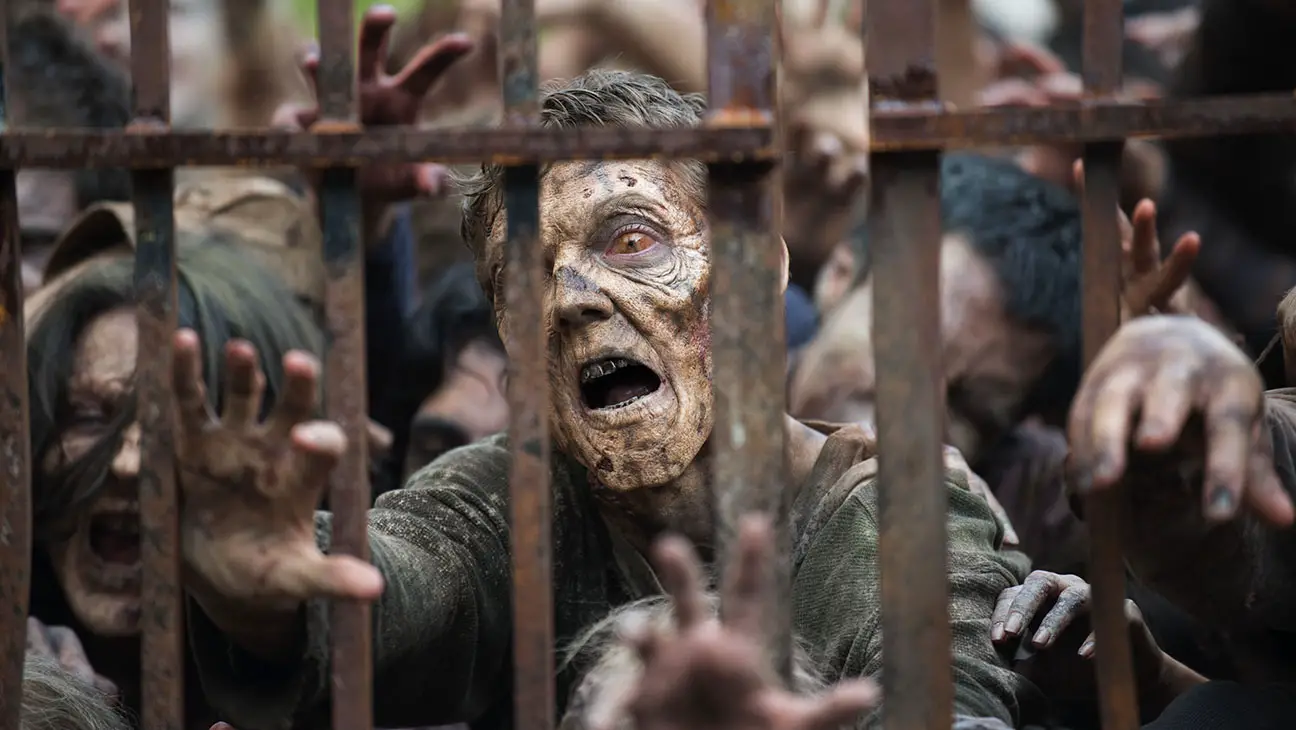When Will the Zombie Genre Die?
It’s been said that the undead have been overdone, but the zombie story isn’t going away any time soon.
By Alicia Drier, Roosevelt University
I never thought I would be one to promote the eating of human brains.
In fact, I’ve always been more of an “eat your veggies” kind of gal than any sort of carnivore. But here I am, on the tail end of the zombie fad, proudly shouting undead love to anyone who will take the time to listen.
You might be thinking that you know all things zombie. You can quote Daryl Dixon lines from “The Walking Dead” in your sleep, and you know that if the apocalypse starts tomorrow, you can best eradicate a zombie by shooting it in the head. But did you know that the word “zombie” didn’t enter the English language until 1871? And it wasn’t until 1929 that the word specifically denoted a person who had came back from the dead? Or what about the fact that in the original script of the 1968 movie “Night of the Living Dead,” the director referred to these versions of the modern-day zombie as “ghouls”?

Here’s the truth about zombies: They go far deeper than a decades-long pop culture trend, as do their symbolic themes of conformity, lifelessness and self-destruction. In the 21st century, it seems to be the zombie that most often satirizes the cultural tendency toward isolation, and reroutes living humans back toward community and a life away from society-enabled obsessions.
Good zombie literature of this kind comes in many shapes and sizes today. Take “Zombie in Love,” a 2011 children’s book written by Kelly DiPucchio that stars the ever-hopeful Mortimer in his quest for his soulmate. The 32-page story is one part word-play, two parts commentary on true love that transcends rotting flesh. If you never thought you’d see the day when a zombie could be so adorable or kid-friendly, DiPucchio will prove you wrong. And in one small story, she reminds her readers that the right partner is always worth waiting for.
Or if you’re looking for a good beach read this summer, you might want a book that’s a little longer. I’m sure you’ve heard of the 2013 action flop “World War Z” starring Brad Pitt, but I am constantly surprised at how few people have picked up the Max Brooks book on which the movie is based. Fully titled “World War Z: An Oral History of the Zombie War,” Brooks creates through his novel a mock international collection of survivor stories after the fictitious outbreak of the zombie virus. The book functions as a form of social commentary, as Brooks develops a world that is constantly divided and brought together by the mass hordes of the undead. Or, in the words of one character interview, “Imagine what could be accomplished if only the human race would shed its humanity.”
There is also the “Walking Dead” graphic-novel series that the TV show is based on, plus a hit video game to help you purge all your zombie-killing desires. Or, if you want to feel a little more culture while reading up on zombie lore, grab a cup of tea and pick up a copy of “Pride and Prejudice and Zombies” by Seth Grahame-Smith.
When it comes to fresh takes on the age-old zombie question, though, I turn to CW’s “iZombie,” starring Rose McIver. Now in its third season, the show tells the story of Olivia Moore, a promising medical student who ended up in the wrong place at the wrong time. How was she supposed to know, now that she works in a morgue to satisfy her craving for brains, that she would become a blend of gourmet gray-matter chef, murder-mystery detective and victim of post-life schizophrenia? The show regularly reflects on the meanings of life and human connectivity, but I mostly watch it so I can point and laugh at all the self tanner that zombies have to buy to blend in with the living.
You will never crave a Twinkie more than after watching the 2009 cult classic “Zombieland.” Starring Woody Harrelson, Emma Stone and Jesse Eisenberg—and including a stellar cameo by Bill Murray—this movie tells the story of Columbus’ obsessive-compulsive tendencies when it comes to zombie survival. This, combined with Tallahassee’s personal quest for the last remaining Twinkie on earth, makes for a few less likeable zombies, but a lot more quirky human love.

There’s also the 2013 film “Warm Bodies,” based on a book of the same name. Both are a thinly veiled retelling of Shakespeare’s “Romeo and Juliet.” Complete with a balcony scene, these star-crossed lovers look quite a bit different from the Capulets and Montagues in Billy Shakes’ original story.
R is a zombie stuck in perpetual existential crisis: “What am I doing with my life? I’m so pale. I should get out more. I should eat better. My posture is terrible. I should stand up straighter. People would respect me more if I stood up straighter. What’s wrong with me? I just want to connect. Why can’t I connect with people?”
But with the help of a chance encounter with the living Julie, R begins to discover both the origin of and cure for his specific strain of the undead virus. As his heart begins to beat again for the first time since he died, he comes to crave brains a little less, until all he really wants is a little more time with Julie.
That’s what I love most about a good zombie story. As has been true since the publication of Mary Shelley’s “Frankenstein,” a good monster story should always be less about the scare-jump and more about what it means to be human.
Zombies are the perfect brand of terrifying, not only because they are a mere step away from living anthropoids, but they have also lost the ability to move beyond their all-consuming obsession for brains. They are the antagonist of original thought, jumping jacks, trying new food and self-love. But more than anything, zombies of all kinds serve as a reminder to the living there are certain human habits that should never die, among them hope, love and washing your hands—you know, to avoid catching the zombie virus in the future.









